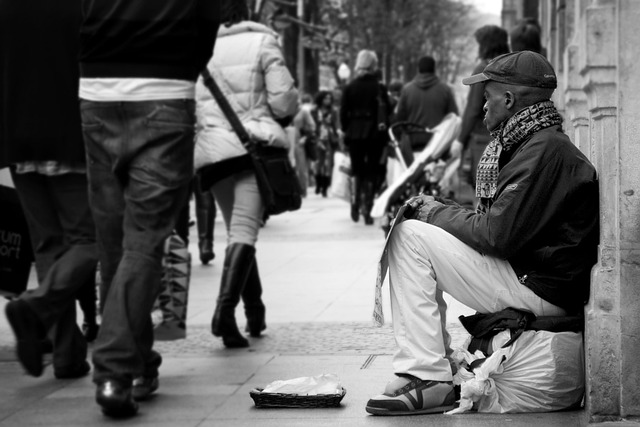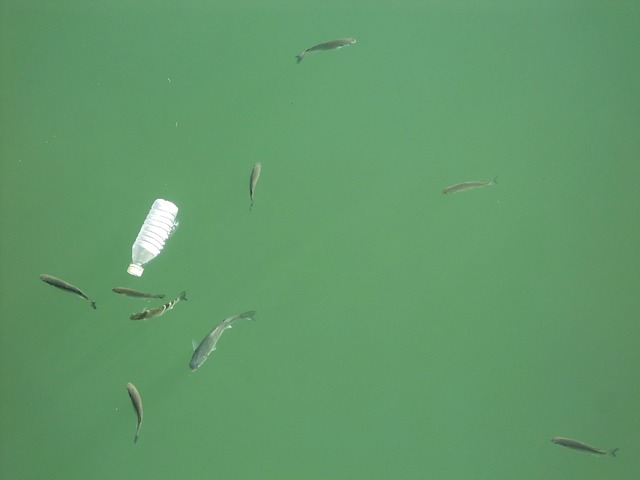The impact of extreme weather events is becoming increasingly impossible to ignore. Each hurricane, flood, or heatwave not only serves as a reminder of Mother Nature’s fury but also highlights the ethical responsibilities we bear towards our environment and future generations. As dilemmas unfold in real-time, the question of ethics stands at the forefront: How do we reconcile our lifestyles with the pressing needs of our planet?
Climate change is not just a scientific phenomenon; it is an ethical crisis that challenges our moral compass. It’s hard to witness the devastating effects of rising sea levels and unrelenting droughts without contemplating our role in this unfolding tragedy. Each event has a ripple effect—displacing communities, destroying ecosystems, and exacerbating inequalities. Ethical conversations around environmental stewardship compel us to evaluate our choices—ranging from consumption patterns to energy usage—and the broader implications these choices have on communities worldwide.
One of the most pressing ethical concerns is the disproportionate impact of climate change on marginalized populations. As extreme weather events become more frequent, low-income communities often bear the brunt of the destruction. They might lack the resources to evacuate during a storm or rebuild after disaster strikes. This disparity raises critical questions: What responsibilities do we have to uplift these voices? How can we foster inclusive policies that ensure everyone has the means to adapt and survive?
Moreover, the ethical implications of climate change extend beyond human populations. Consider the wildlife displaced by deforestation and habitat destruction, or the oceans suffocating under pollution. These issues prompt us to reflect on our intrinsic connection to the environment. If we view ourselves as stewards rather than conquerors of nature, we may feel a deeper responsibility to engage in sustainable practices that protect all beings. This ethical perspective encourages a shift away from disposable culture and toward a mindset of conservation.
In navigating this ethical storm, education plays a pivotal role. By raising awareness about the realities of climate change and its ethical ramifications, we empower individuals to make informed decisions and advocate for effective policies. Grassroots movements are emerging, rallying diverse communities to come together and take collective action against climate injustice. When people grasp the severity of the situation, they are more likely to support initiatives that prioritize the health of our planet and its inhabitants.
As we witness unprecedented weather patterns, the urgency for ethical reflection becomes apparent. It’s no longer just about the debate of climate change; it’s about understanding the moral implications of inaction or irresponsible actions. Incorporating ethics into environmental discourse allows us to forge a more equitable future, ensuring that the planet we inherit is one where all beings can thrive.
Ultimately, we stand at a crossroads where our choices today can either exacerbate or mitigate the challenges ahead. By engaging with the ethical dimensions of environmental stewardship, we have the power to effect change, advocate for those left behind, and begin the journey towards a more sustainable world. It is incumbent upon each of us to become not only aware of these challenges but also active participants in the solution. Facing the storm requires courage, compassion, and a commitment to ethical integrity that must guide our actions in the face of climate change.




